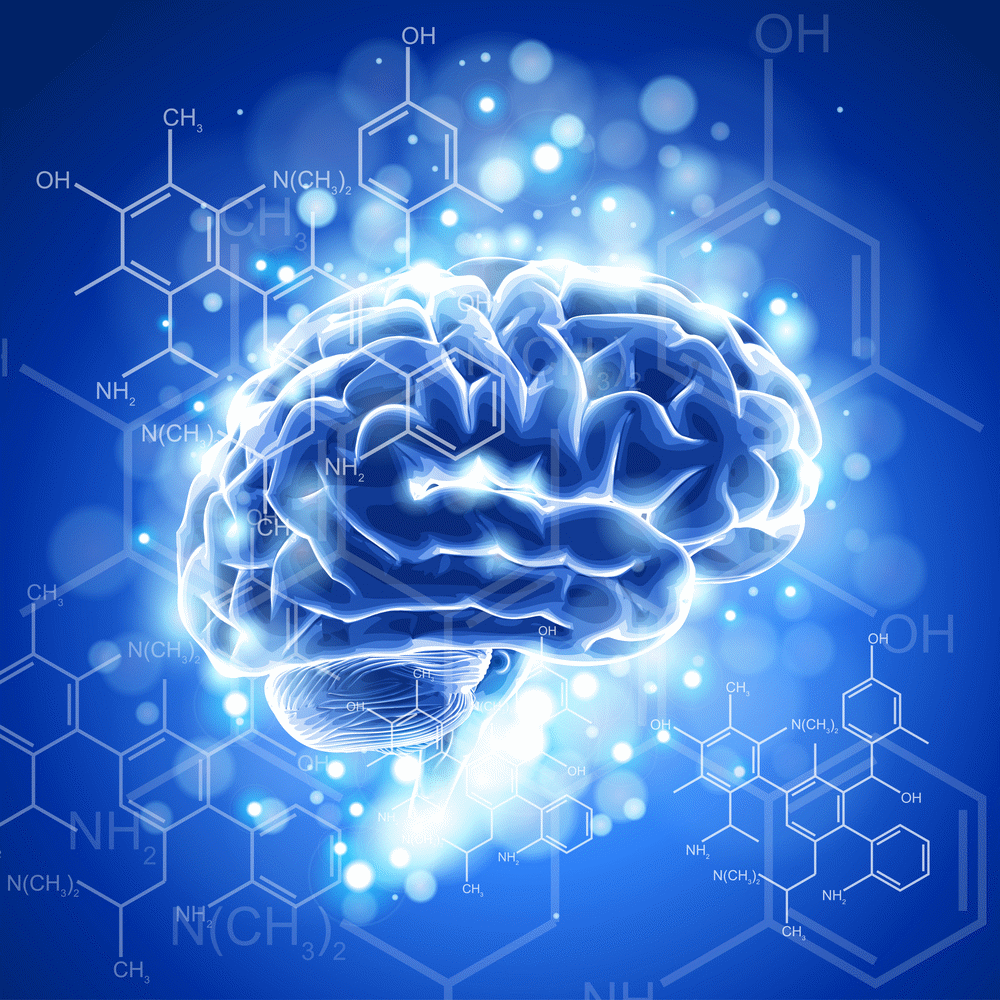 Vitamin B–12 and B–6 that contributes in proper functioning of the nervous system and brain
Vitamin B–12 and B–6 that contributes in proper functioning of the nervous system and brain
Vitamins have diverse biochemical functions, including function as hormones (e.g. vitamin D), antioxidants (e.g. vitamin E) and mediators of cell signaling and regulators of cell and tissue growth and differentiation (e.g. vitamin A).
The largest number of vitamins (e.g. B complex vitamins) function as precursors for enzyme cofactor bio–molecules (coenzymes) that help act as catalysts and substrates in metabolism. Vitamins also act as coenzymes to carry chemical groups between enzymes. For example, folic acid carries various forms of carbon group – methyl, formyl and methylene – in the cell. Vitamins have been produced as commodity chemicals and made widely available as inexpensive pills for several decades, allowing supplementation of the dietary intake.
There are two types of vitamins : water soluble and fat soluble. Water soluble vitamins include vitamins B1, B2, B3, B6, B12, vitamin C, biotin and folate. They are not stored in large amounts in the body, and any extra is lost through urine. Fat soluble vitamins include vitamins A, D, E and K and they can be stored in the body. High amounts of fat soluble vitamins are not recommended, as these can cause health problems.